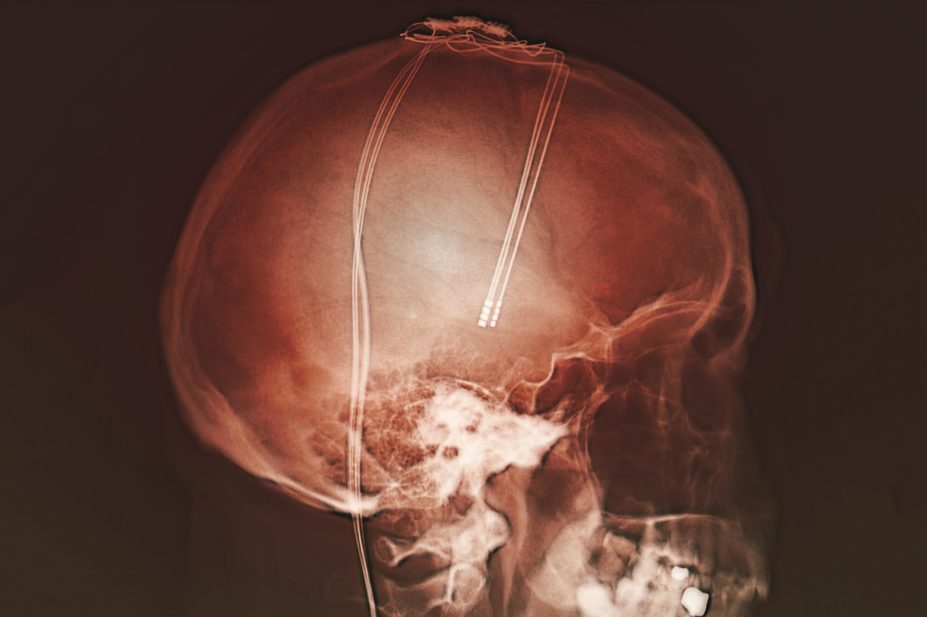
Zephyr / Science Photo Library
Placebos elicit well-established responses in Parkinson’s disease (PD), including the release of dopamine in the striatum. However, placebo response is not understood at the single-neuron level.
Researchers from the University of Turin Medical School in Italy studied 42 PD patients who had electrodes implanted for deep brain stimulation treatment. They found that the initial administration of a placebo produced no response.
However, when patients had been administered the anti-Parkinson’s drug apomorphine, subsequent placebo administration induced both clinical and neuronal responses. The strength of these responses increased with each apomorphine dose.
The team, reporting their findings in the Journal of Physiology (online, 9 February 2016)[1]
, say the results suggest PD patients can be conditioned to respond to placebos. They say this could be used to reduce drug intake, for example, as part of an alternating administration schedule.
References
[1] Benedetti F, Frisaldi E, Carlino E et al. Teaching neurons to respond to placebos. Journal of Physiology 2016. doi: 10.1113/JP271322


